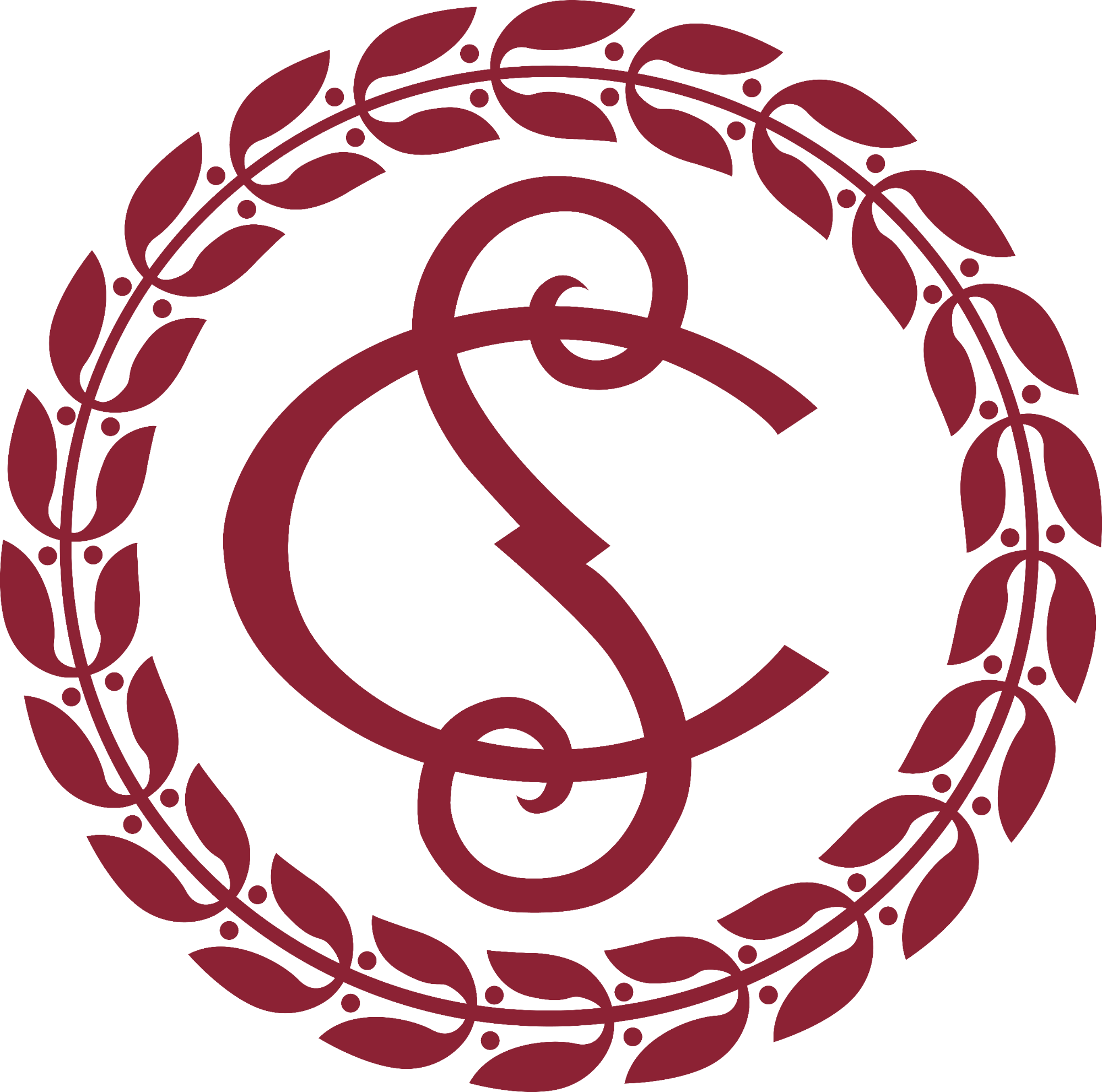Administration of the Court
On this page
Administrative structure
The positions of Registrar and Deputy Registrar are both appointed by the Governor in Council.
The Court has a staff of approximately 250 employees, working in 4 sectors:
Court Operations Sector
Headed by Barbara Kincaid, this sector is made up of:
- the Law Branch
- the Registry Branch
- the Reports Branch
- the Library Branch
- the Information Management Branch
The Court Operations Sector:
- plans and manages the provision of legal services
- supports the judges of the Court in all aspects of case management, including:
- the processing of documents filed by the parties
- the recording of proceedings
- the scheduling of cases
- the provision of legal and jurilinguistic services
- library and legal research services
- legal editing services
- the publication of the Canada Supreme Court Reports
- the provision of information management services, including case-related and corporate records information
Communications and Outreach Services
Headed by Cristina Damiani, this sector develops and implements communications strategies, plans and programs to increase public awareness and understanding of the Supreme Court of Canada, and to enhance internal communications within the Court.
Corporate Services Sector
Headed by Catherine Laforce, this sector is responsible for providing administrative and operational support for the Court’s judges and staff, including:
- accommodations
- finance
- procurement
- corporate reporting
- security services
- human resources
- strategic planning
- integrated risk management
- management accountability
- occupational health and safety
- business continuity planning
- modern management methods and tools
- business and resource planning
- emergency management and preparedness
- telecommunications, mail and printing services
- development, delivery and management of IT strategies
Judicial Support and Protocol Services Sector
Headed by Michel Gallant, this sector is responsible for the delivery of all judicial support services to the judges of the Supreme Court of Canada, including:
- judicial administration
- protocol services
- the judges’ dining room
- the Law Clerk Program
- the development and delivery of integrated judicial support programs and services
The Registry
The Registry plays a pivotal role in the Court’s operations and is the hub of all procedural and documentary activities at the Court. The Registry:
- processes, records and directs the flow of all documents filed by parties
- records all steps and events during the life of a case
- plans and manages the scheduling the Court’s hearings
- processes documentation for all cases after judgment has been rendered
- makes case-related information available to the public
The Canada Supreme Court Reports
The Court’s decisions are published simultaneously in English and French in its official reports, the Canada Supreme Court Reports. All written and oral judgments and reasons for judgment are printed in their entirety along with a summary (called a headnote) of the reasons. The Reports currently comprise 3 or 4 volumes a year, each consisting of 4 to 6 parts issued periodically and containing an index and a table of cases cited. Judgments are made available electronically the day of their release.
The Library
With approximately 300,000 volumes, the Library of the Supreme Court of Canada provides a substantial research base for the Court to consult in performing its role of deciding questions of public importance. Its collection includes:
- statutes, law reports, periodicals and treatises from major common and civil law jurisdictions, including:
- Canada
- the United Kingdom
- the United States
- Australia
- New Zealand
- France
- Belgium
- print, microform and electronic holdings
- access to a vast range of electronic networks and databases
- a collection of rare books printed in the 16th, 17th and 18th centuries that pertain to the common law of England and the civil law of France
In addition to the judges and staff of the Supreme Court of Canada and the lawyers appearing before the Court, the Library serves:
- lawyers in general
- notaries
- law professors
- law students
- legal researchers and members of the public (by special permission)
